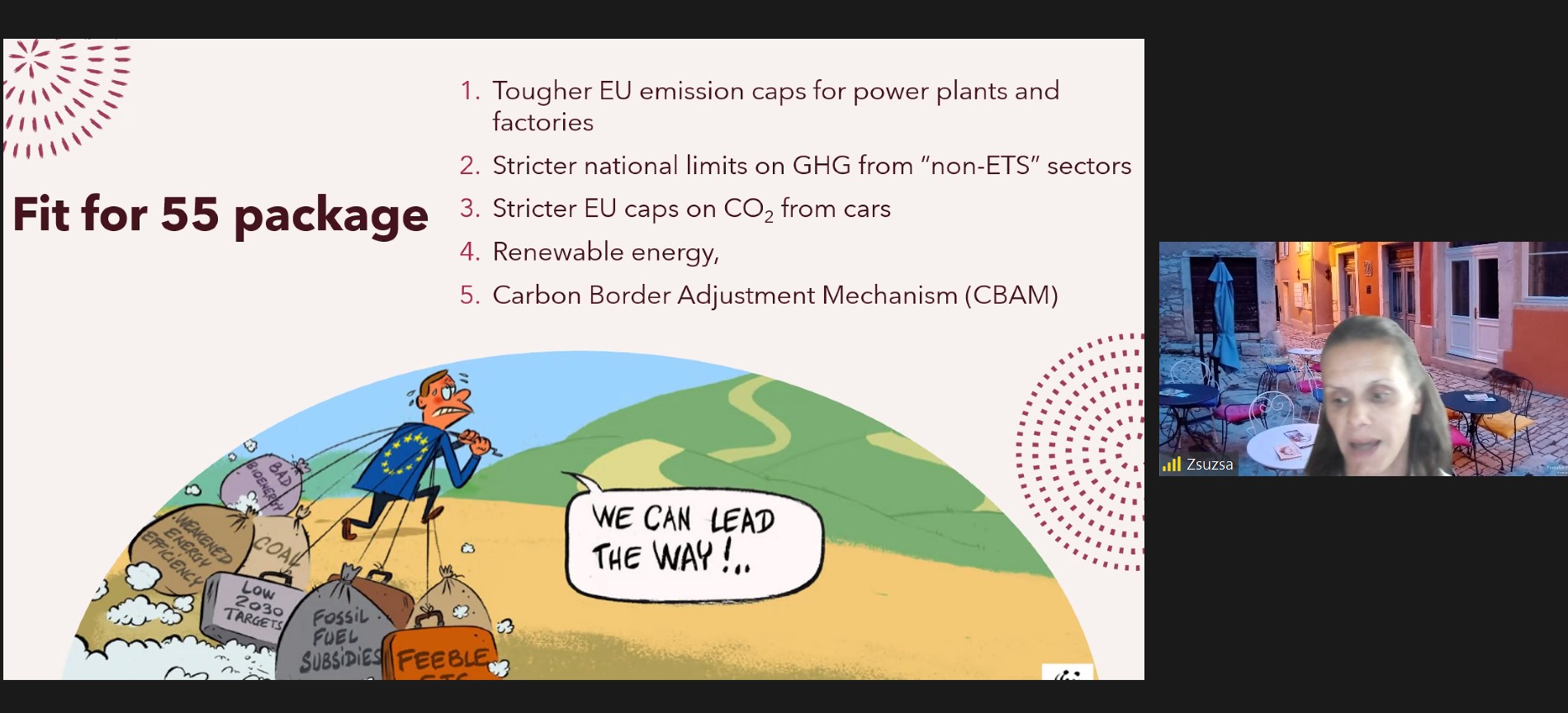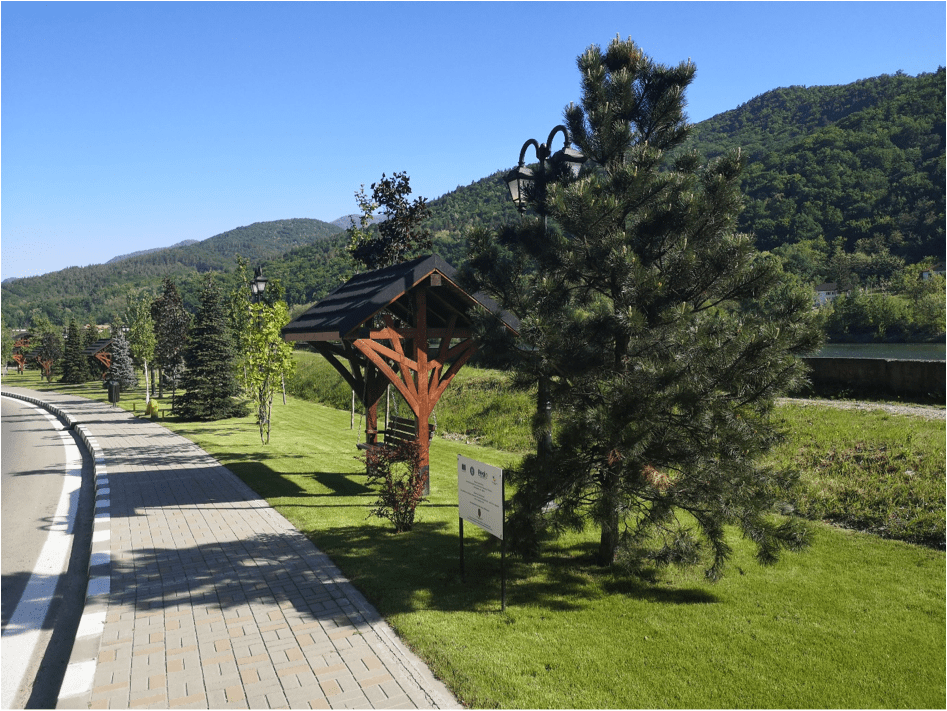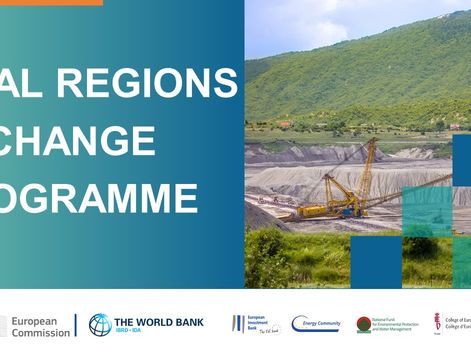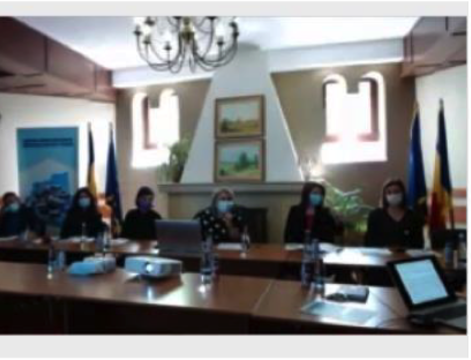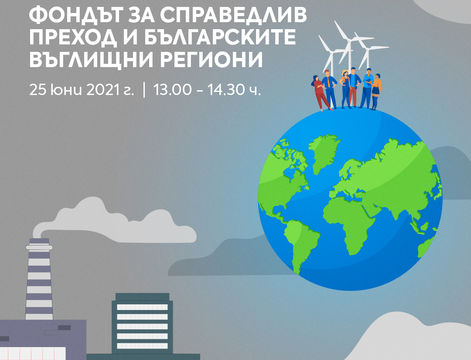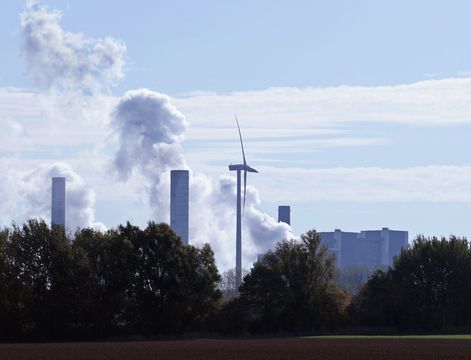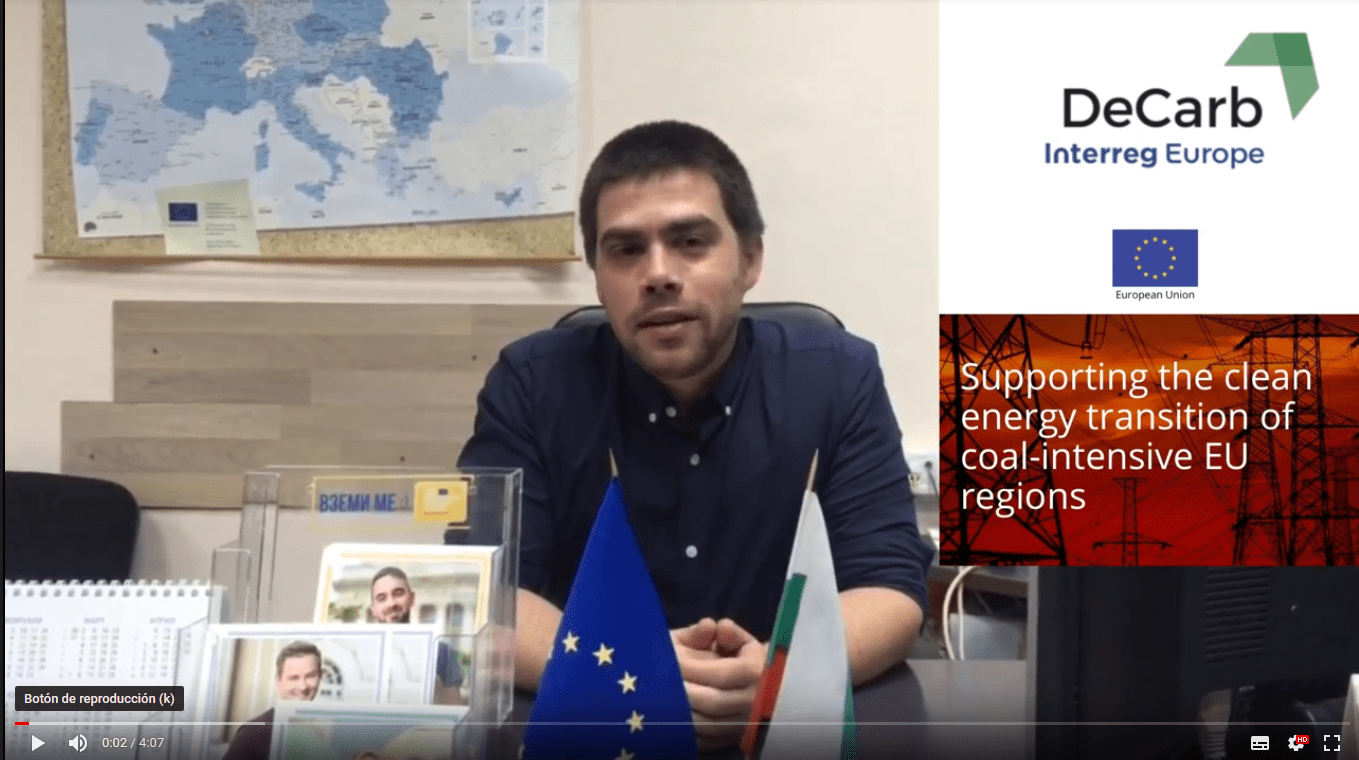The 3rd Stakeholder Group Meeting of the DeCarb project was organized by the Regional Association of Municipalities of Western Macedonia on Monday 10th of February in Kozani. The President of the Regional Association of Municipalities of Western Macedonia and Mayor of Grevena Giorgos Dastamanis, welcomed the event and highlighted the importance of the implementation of the DeCarb project in the current context of development in decarbonisation to be at their most critical stage. European Union, with the new initiative of the Just Transition Mechanism which was announced on January, set new data into the public debate. Through this mechanism, an amount of about 4 billion is expected to be given to Greece. The debate focused on the urge to see not only if this amount is enough but also whether the capacity of the country to absorb it. The critical point, he accented, is that the maturation of the projects and especially of studies is very time-consuming and it is necessary to see which are the essential institutional interventions in order to speed up the implementation of them.
The representative of the Regional Governor of Western Macedonia, Nikos Lyssaridis, vice-regional governor of regional development, highlighted that it’s been initiated, in collaboration with the Deputy Minister of the Environment, special planning for the area for attracting investors.
The Director of the Regional Association of Municipalities of Western Macedonia, Dr Lefteris Topaloglou, referred to the challenges that a just transition plan has to face, to the European Green Deal, to the individual aspects of the Mechanism and the to the financial sources of this masterplan. He subsequently claimed the necessity to develop an Emergency Plan in view of 2023, and propounded three indicative proposals concerning:
- the decisive enlargement of the university and research,
- the establishment of an inter-municipal community-based organization in order to absorb, for a while, jobs that will be lost and
- the enlargement of the National Center of Civil Protection in Ptolemaida.
Dr Dionysis Giannakopoulos, Researcher B’ of the Center of Research and Technology Hellas, referred during his presentation to the findings of a comparative study of the DeCarb project concerning the soil restoration and land use.
The member of the Board of Directors of the Regional Association of Municipalities of Western Macedonia and Alderman of Eordea, Giannis Karavasilis, pointed out that in the public debate that takes place recently, there is a discordance between the Region and the energy municipalities. He accented that 3 to 4 years is not enough time to change the economic model.
The former Mayor of Eordea Savvas Zamanidis, ascertained that the findings of the DeCarb project are very useful and could be used for the benefit of the region.
The Director of Projects of the Regional Development Agency of Western Macedonia SA Tasos Sidiropoulos, underlined that the major protagonist in the phase we are in is time.
The executive of RDAWM Antonis Dimitriou, noted that a recent study shows that with zero production of carbon in 2028 and with a reference year in 2013, the effects of the decarbonisation for Western Macedonia would be as follows:
- 26% shrinkage of GDP and an annual loss of revenue about 1.2 billion euros.
- Loss of 22,800 jobs and a 24% reduction in employment.
- Total income loss for the period (2013-2028) 9 billion euros.
This practically means that every citizen of Western Macedonia will be charged 4,500 euros annually to achieve the goals of the National Research and Climate Project (NRCP). On the other hand, of course, the global decarbonisation of the country will have the effect of avoiding the emission of 21 million ton CO2 per year, which corresponds to the total annual CO2 emissions of all cars in Greece and translates economically into a benefit for the Greek Economy about 500 million per annum (price CO2: 20-25 EUR/tonCO2).
The executive of the Managing Authority Dimitris Rigas, underlined the value of digital transformation during the transition process, not only of public policy actors but also of companies in order to survive.
The Director of the Regional Association of Municipalities of Western Macedonia, Dr. Lefteris Topaloglou, highlighted three particular issues:
- The correlation of the factor time with the necessary governance system of the transition which will be created. On the other hand, there should be predicted a mechanism of implementation which will be flexible and effective.
- The allocation algorithm of the Just Transition Fund should be revised for the benefit of the region as it does not accurately reflect the different starting points of each region.
- From the perspective of planning politics at a low scale, it appeared that it would be interesting to study the implications of the transition to the intra-regional level.
Source: Regional Association of Municipalities of Western Macedonia



